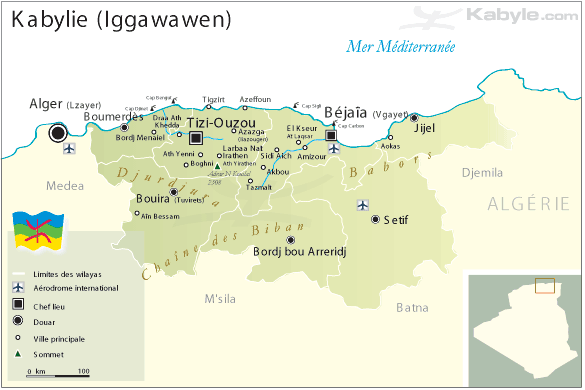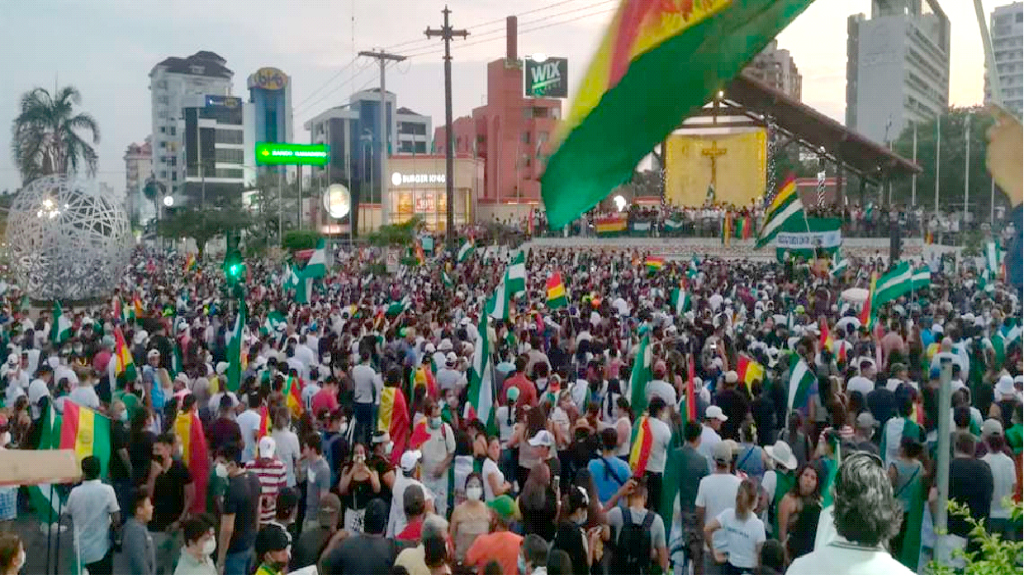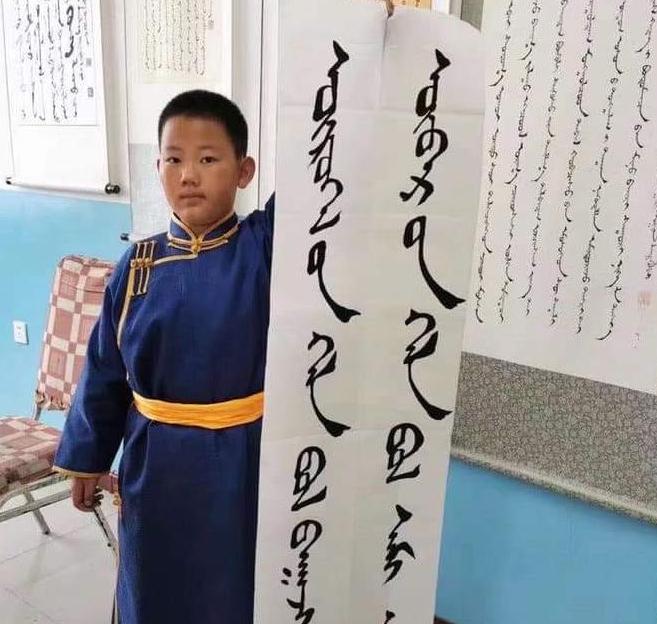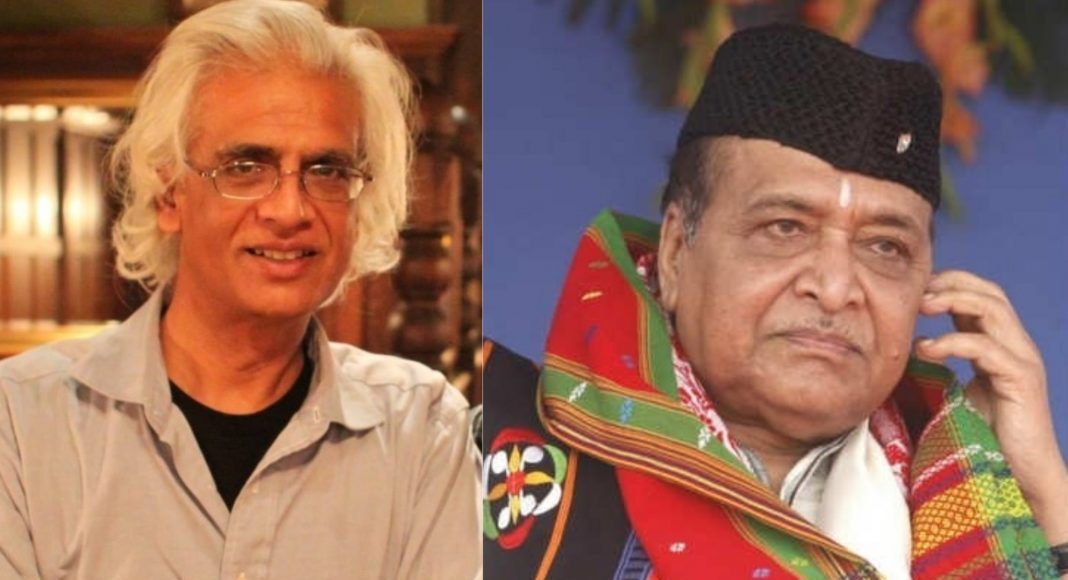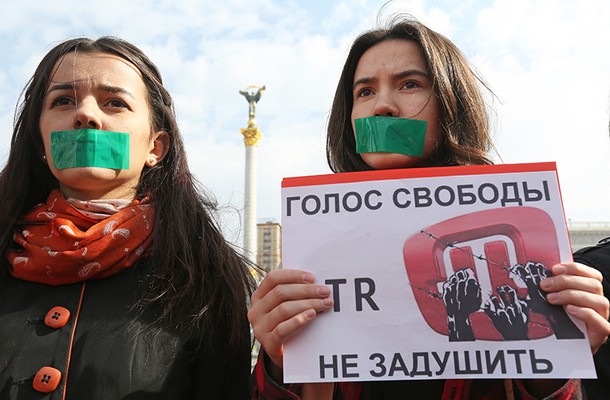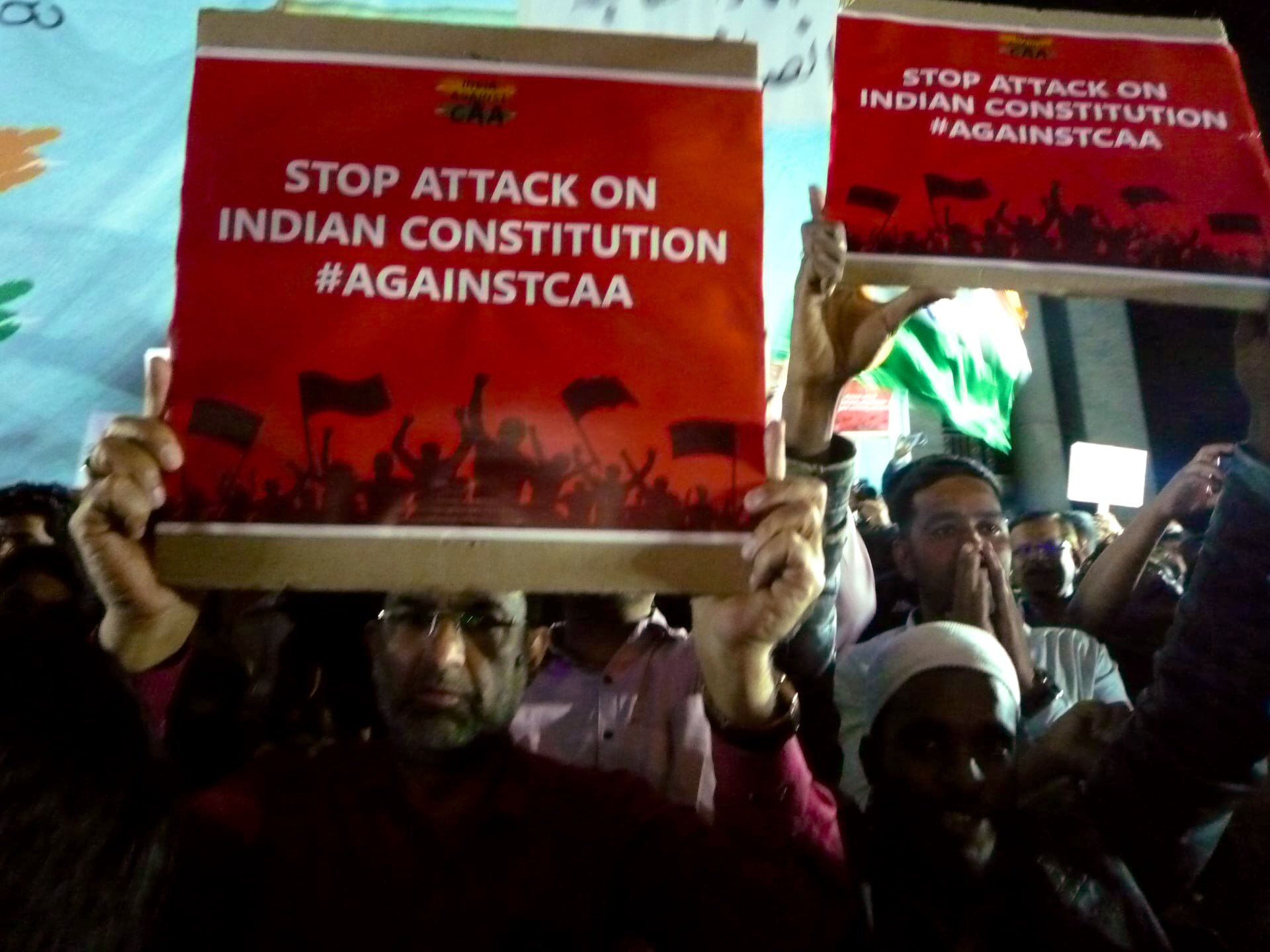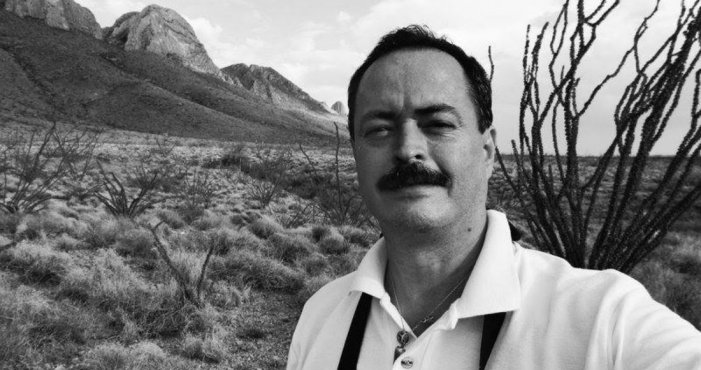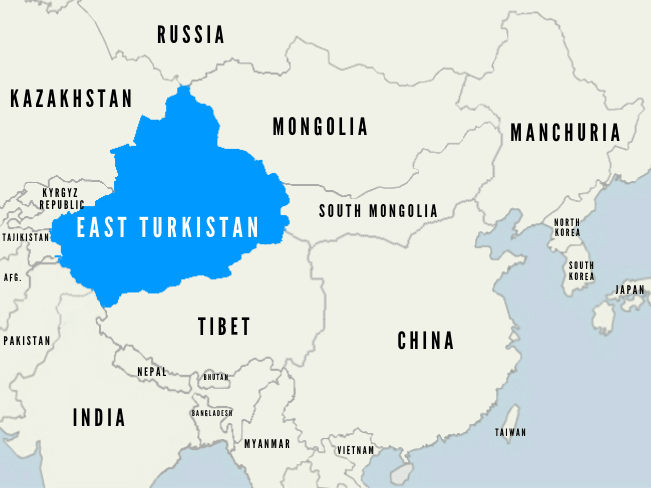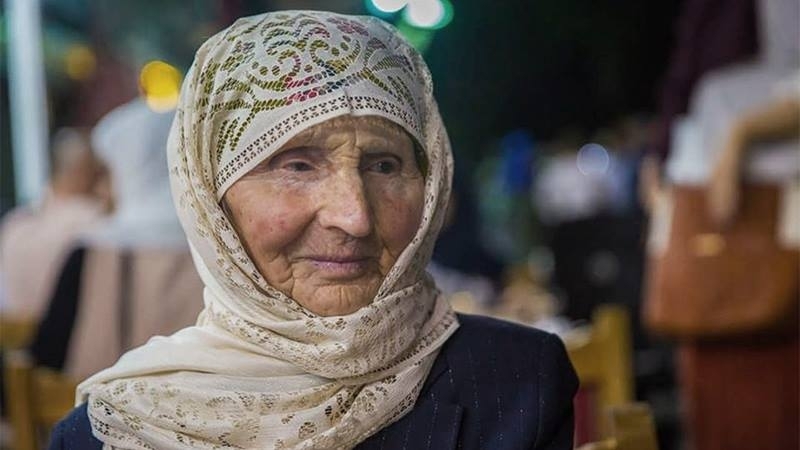
Facebook enables deforestation in Brazilian Amazon
Criminal networks in Brazil are illegally selling and deforesting protected lands—even within an indigenous reserve—and posting the plots for sale on Facebook, according to an investigation by the BBC. In a documentary, “Selling the Amazon,” BBC Brasil went undercover to reveal how illegal land-grabbers are moving in on public land in the Amazon—clearing rainforest and selling plots to ranchers at highly inflated prices. The documentary showed plots of these cleared lands being openly advertized on Facebook. Contacted by BBC, Facebook said it was “ready to work with the authorities” to investigate the matter, but would not take independent action to halt the land-trading on its platform. (Photo via Mongabay)



